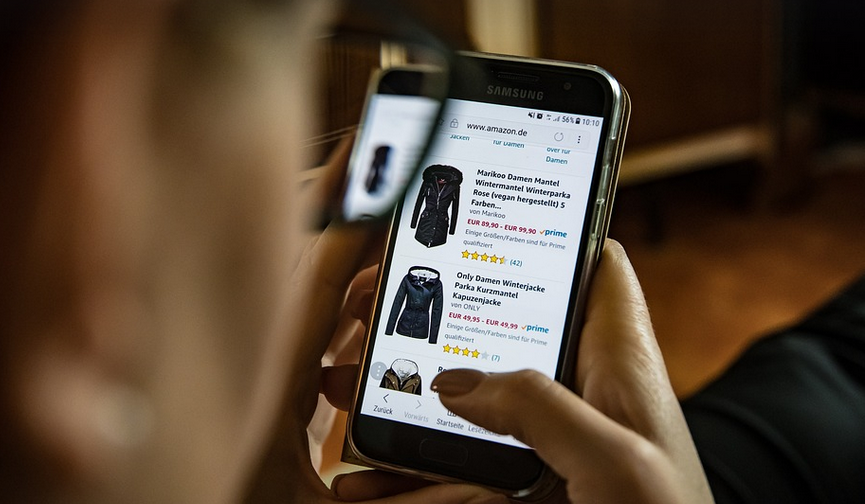Business Bank Account For Independent Contractors: A Breakdown

Navigating the Financial World of Freelancing
You’re an independent contractor, a self-proclaimed master of your own business destiny. You’ve built your career on your skills and hustling. But let’s face it – running a business can get complicated. Especially when it comes to money!
One crucial element for success is having the right financial foundation: a dedicated business bank account. It might sound intimidating, but trust me, this simple step can make all the difference in your freelancing journey.
Why You Need a Business Bank Account
Think of it this way: your freelance business isn’t just you working from home or a coffee shop anymore. It’s an actual venture with its own income and expenses. A dedicated business account helps you keep these two worlds clearly separated.
Why is this so important? Because separating personal and business finances offers tremendous benefits:
- Simplified Accounting: No more juggling receipts from your phone, laptop, or kitchen table! A dedicated account makes tracking income and expenses a breeze. You’ll know exactly where you stand financially at all times.
- Professionalism: Having a business bank account projects an air of professionalism to clients and collaborators. It demonstrates financial responsibility and builds trust in your brand
- Tax Time Ease:** Tax season is never fun. But with a business bank account, filing becomes much easier! You’ll have all the necessary paperwork organized for accurate reporting.
- Protect Personal Finances: Separating business and personal finances offers vital protection from any financial mishap. Imagine a sudden emergency – your personal funds are less vulnerable when you have a dedicated business account.
Types of Business Bank Accounts for Independent Contractors
Choosing the right bank account is key to maximizing its benefits. Here’s a breakdown of some popular options:
- Traditional Checking Account: For those who prefer simplicity, this account offers basic banking services like check writing and deposits. It’s perfect for startups or freelancers with straightforward financial needs.
- Business Savings Account: If you want to keep your emergency funds separate from business income, a savings account is ideal. This option helps set aside money for unexpected costs.
- Online Business Accounts: For those who prefer digital banking, online accounts offer convenience with mobile apps and automatic transfers like direct deposit. You can manage finances on the go!
Choosing the Right Bank
Finding the right bank depends on your specific needs. Consider these factors:
- Fees: Do they charge monthly fees, transaction fees, or minimum balance requirements? Check for hidden charges before opening an account.
- Online Banking: Is their online platform user-friendly and offers convenient features like mobile check deposit or bill pay?
- Customer Service: Do they offer responsive support via phone, email, or live chat? You want to be confident in your bank’s ability to help you.
Getting Started with a Business Bank Account
Opening a business bank account is easier than you think! Just follow these steps:
- Research: Explore different banks and compare their services, fees, and online features.
- Gather Documents: You might need your social security number, business license, and EIN (Employer Identification Number) for verification.
- Application: Submit an application through the bank’s website or visit a branch. You should be able to open your account in minutes once everything is submitted.
- Funding: Start transferring your income and manage your funds with ease!
Your Freelancing Journey Just Got Easier
Having a dedicated business bank account isn’t just about keeping things organized, it’s about building a solid foundation for your freelance career. It streamlines financial processes, strengthens your professional image, and ultimately empowers you to make informed decisions that pave the way for success.


